Rail Disruptions in Catalonia: Strikes and Incidents Impact Commuters
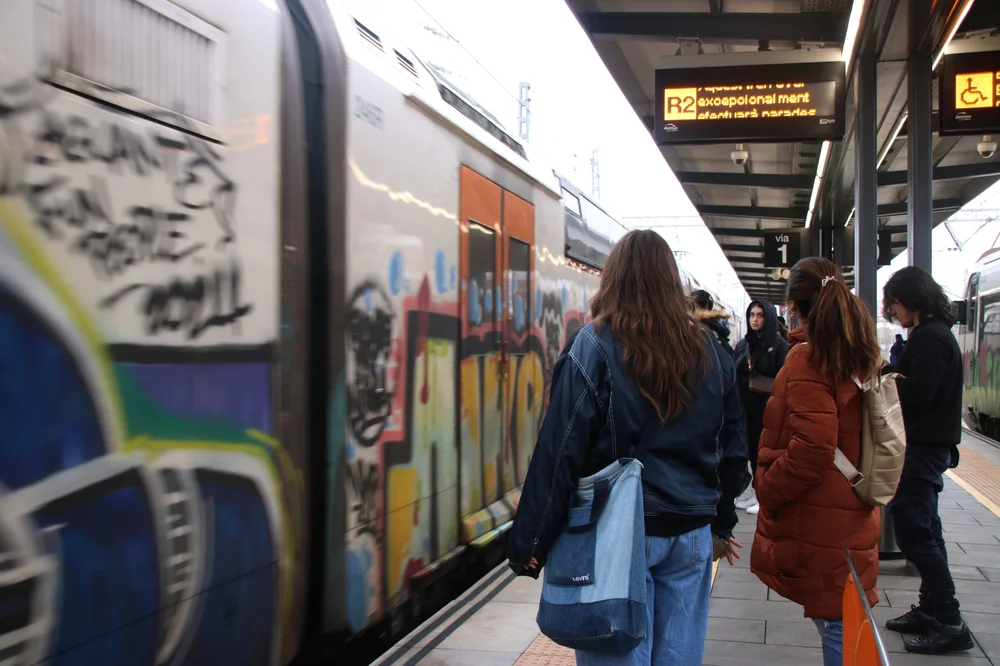
In recent weeks, the rail network in Catalonia, particularly the Rodalies commuter train service, has been plagued by a series of disruptions, including a seven-day strike and multiple technical incidents, causing significant inconvenience to commuters.
Seven-Day Strike Over Rodalies Transfer
At the heart of the disruptions is a seven-day strike called by the unions of Renfe and Adif, the Spanish public train operator and rail manager, respectively. The strike, scheduled for March 17, 19, 24, 26, and 28, and April 1 and 3, is a response to the planned transfer of the Rodalies commuter train service from Renfe to the Catalan regional government, known as the Generalitat.
The unions, including major labor groups such as CCOO, UGT, SEMAF, and CGT, are concerned that this transfer could lead to job losses, reduced job security, and a potential deterioration in service quality and safety standards. They argue that the Spanish government has not honored the agreements made in 2023 regarding the protection of workers' rights and working conditions during the transfer process[3][4][5].
Strike Schedule and Minimum Services
The strike will see varying levels of service disruptions across different days. Full strikes are planned for March 17, March 26, and April 1, while on other days, workers will stop work for around three hours at a time. To mitigate the impact, the Ministry of Transport and Sustainable Mobility has mandated minimum services: 75% of usual commuter services during peak hours, 65% of medium-distance trains, 72% of high-speed and long-distance trains, and 24% of freight services[3].
Technical Incidents Add to the Chaos
In addition to the strike, technical incidents have further complicated the situation. On March 8, a wire failure at Barcelona Sants station brought all high-speed train services to a standstill. A train operated by Ouigo stopped inside a tunnel, necessitating the evacuation of 403 passengers who had to walk along the tracks. Operations resumed after several hours, but delays persisted throughout the day[2].
Another incident occurred just 24 hours earlier, affecting the Rodalies commuter train network. A wire failure forced trains to operate on a single track between Barcelona Sants station and El Prat de Llobregat, resulting in delays of at least half an hour for several lines[2].
Government Response and Future Negotiations
The Catalan government has been involved in managing the rail services since 2010 and has expressed concerns over the lack of investment and the need for a full transfer of management to regional authorities. Catalan territory minister Sílvia Paneque announced an urgent meeting with the Spanish ministry and Adif to seek immediate solutions to the ongoing disruptions. The government is focused on finding solutions rather than engaging in controversies, as stated by Catalan President Salvador Illa[2].
As negotiations continue, the unions remain cautious, emphasizing the need for clear guarantees from the Ministry of Transport to protect jobs and service quality. The situation is particularly critical given that the network is currently under strain, serving a population of eight million people despite being designed for six million[2].
Advice for Passengers
Passengers are advised to stay informed through Renfe's official channels, plan ahead by considering alternative transportation options, and allow extra time for their journeys due to potential delays or cancellations. The unions have expressed their willingness to negotiate and are urging the government to address their concerns to prevent further industrial action[3].
The upcoming weeks will be crucial as the fate of Catalonia's commuter rail network hangs in the balance, with both the unions and the government seeking a fair and sustainable solution for all parties involved.
Related Stories
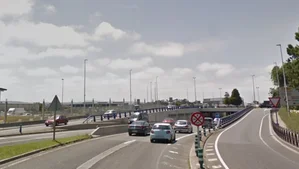
Calls for Compliance on Disuasive Parking in Santander
Santander residents urge city council to implement promised disuasive parking to cut vehicle use and boost public transport.
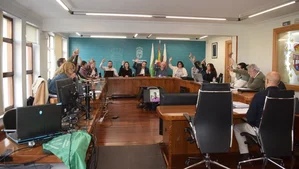
New Parking Facility in the Heart of Santander: A Boost for Local Residents and Visitors
Santander launches a new 52-space parking facility in Calle Aurelio Díez Renedo, aiming to ease parking woes and boost local economy and tourism.

Spain's Public Transport Success: The Power of Affordable Fares
Spain's public transport sees a surge in usage thanks to affordable fares, setting a global example for boosting ridership and sustainability.
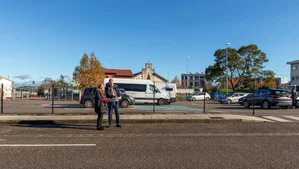
Requejada to Install Electric Vehicle Charging Point
Requejada announces a new electric vehicle charging point, marking a significant step towards sustainable transportation in Cantabria, Spain.
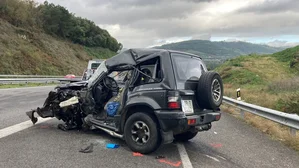
Tragic Road Accidents in Spain: Understanding the Risks and Causes
Exploring the dangers on Spain's roads: A study reveals the most hazardous motorways and the common causes behind accidents, urging expats and locals to stay vigilant.